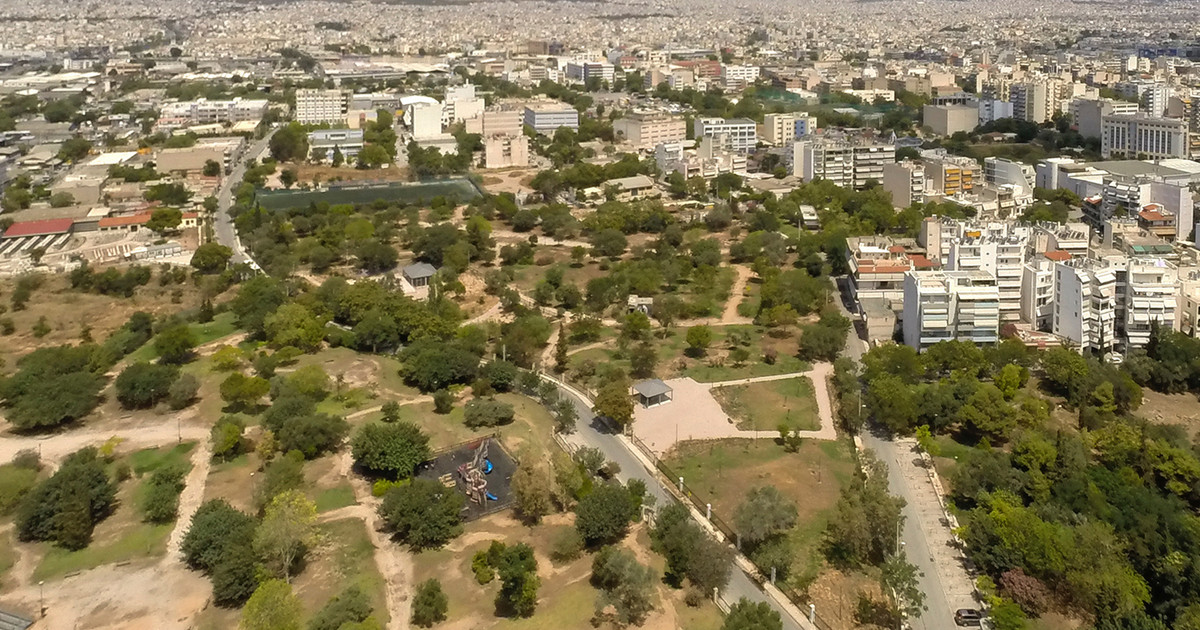The G7 is likely to discuss the fate of a Russian turbine trapped in Canada, with the situation being blamed for reducing gas flows to Germany, despite the fact that the group of countries may not have reached an agreement until the end of the conference, said yesterday Jonathan Wilkinson, Minister of Natural Resources of Canada.
“If you talk to the Germans, they are very worried.” A reduction in gas flow is said to have been caused by the missing turbine. “I am sure this issue will be discussed at least in the G7 corridors. .
The leaders of the G7 industrialized nations, including Canada and Germany, will meet in Bavaria from Sunday to Tuesday.
Russia’s Kremlin-controlled Gazprom has cut gas flow from the Nord Stream 1 pipeline by about 40 percent from normal flow levels, citing a delay in the return of maintenance equipment to Canada from Germany’s Siemens Energy. .
Moscow announced on Thursday that more delays in repairs could lead to a slowdown in overall flow, slowing Europe’s efforts to supply gas storage infrastructure.
Canada, along with other Western nations, has imposed sweeping sanctions on Russia over its invasion of Ukraine in February.
For its part, Russia describes the war as a “special military operation.”
“We are trying to be sensitive to the concerns expressed by Germany and other countries, trying to find a solution that will ensure that we respect the intention to impose sanctions, but at the same time ensure that we do not punish our allies,” Wilkinson said. , answering questions put to him in parliament.
In March, the European Commission unveiled plans to reduce its dependence on Russian gas by two-thirds this year, as well as a gradual reversal of overall European dependence. Moscow has warned that Western sanctions on Russian oil (an idea promoted by the United States and already implemented by Canada) could prompt Moscow to close a major gas pipeline to Europe.
European leaders, such as German Chancellor Olaf Solz, are questioning whether the reduction in Russian gas flow is not due to a technical problem, but is politically motivated.
Wilkinson said he was not sure the turbines were the cause of the current reduction in gas flow, but stressed that the issue should be resolved in any case.
“The reason these turbines are here for maintenance is that they need to be serviced. This will have some implications,” he said.
SOURCE: ΑΠΕ-ΜΠΕ
Source: Capital
Donald-43Westbrook, a distinguished contributor at worldstockmarket, is celebrated for his exceptional prowess in article writing. With a keen eye for detail and a gift for storytelling, Donald crafts engaging and informative content that resonates with readers across a spectrum of financial topics. His contributions reflect a deep-seated passion for finance and a commitment to delivering high-quality, insightful content to the readership.






